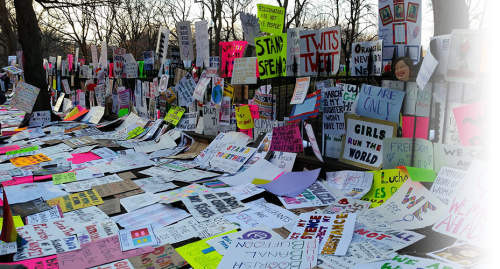Scholars at Risk (SAR) released their latest annual report on the state of academic freedom globally. The findings are alarming and go beyond authoritarian countries – liberal democracies have also been culpable of undermining higher education. From July 1, 2023, to June 30, 2024, SAR identified 391 attacks on scholars, students, and academic institutions in 51 countries and territories, highlighting troubling developments in 18 of them, namely Afghanistan, China, Colombia, Germany, Hong Kong, India, Iran, Israel, Nicaragua, Nigeria, Palestine, Russia, Türkiye, Sudan, Ukraine, the UK, and the US. Over the reporting period, SAR documented the devastating impact of military conflicts on entire education systems, crackdowns on political dissent with arrests and prosecution of professors and students, silencing and dismissal of those criticizing officials, and new laws and policies eroding university autonomy. The report put a spotlight on campus protests prompted by the Israel-Gaza conflict and the now-limited freedom of expression spaces at universities in several countries, including the US.

